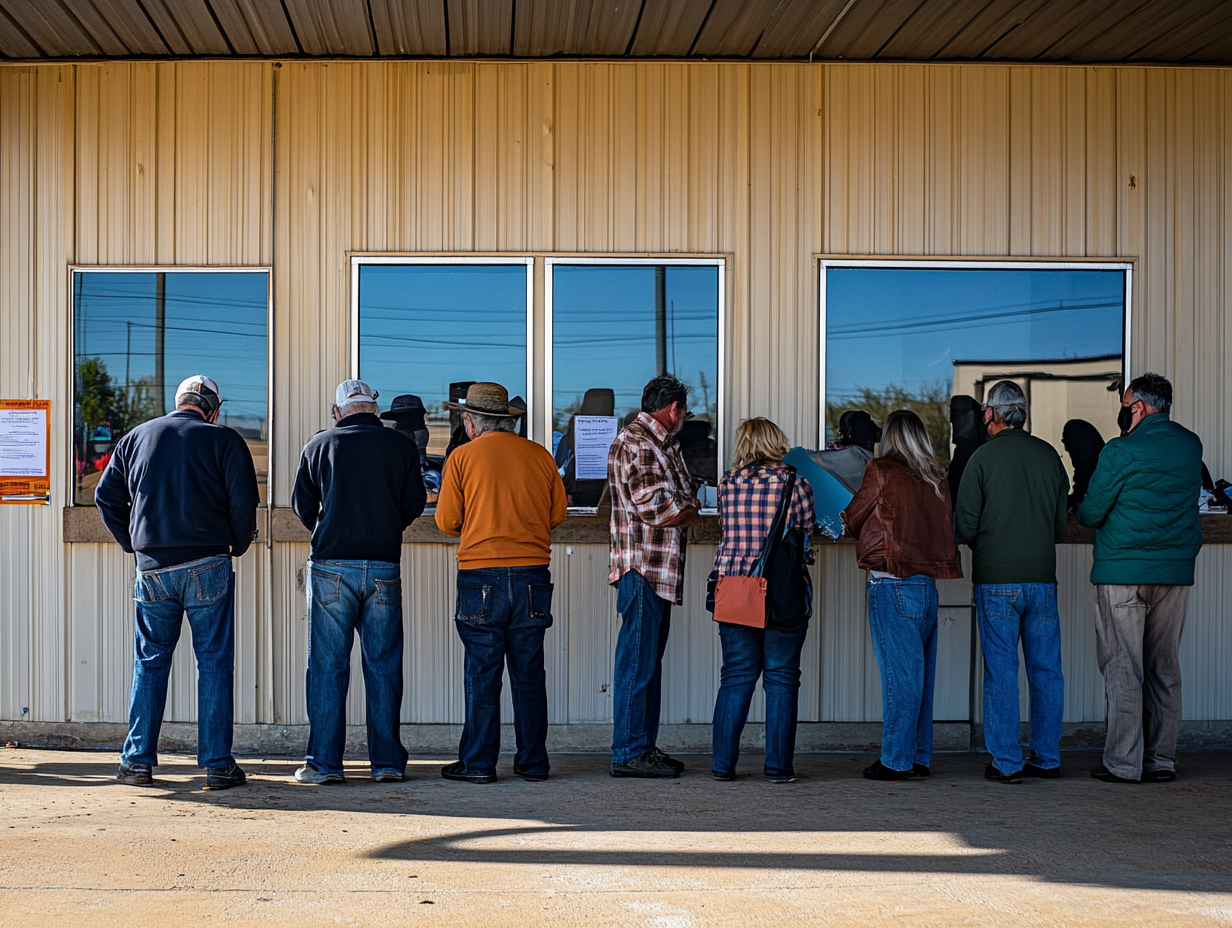
Texas marijuana decriminalization vote: Dallas, Lockhart and Bastrop take the lead
Voters in Dallas, Lockhart and Bastrop will soon decide on local marijuana decriminalization measures aimed at reducing penalties for minor possession and shifting the focus of law enforcement.
Texas voters in key cities decide whether to decriminalize marijuana
In a pivotal moment for cannabis reform, voters in Dallas, Lockhart and Bastrop, Texas, will soon decide on local marijuana decriminalization measures. The upcoming votes represent a significant step toward reshaping Texas' approach to low-level cannabis crimes, particularly in cities that are pushing to dedicate their resources to more pressing problems than low-level marijuana arrests.
A push for local change in a conservative state
With marijuana still illegal at the state level in Texas, places like Dallas are looking for ways to change policies through decriminalization. Each city's measure would eliminate penalties for low-level cannabis possession or reduce enforcement actions to give police departments the flexibility to focus on more critical issues. While statewide reform may remain a distant goal in Texas, local initiatives are giving residents a voice to show their support for a more lenient approach to cannabis laws.
The potential impact on the community and law enforcement
Proponents of decriminalization argue that these measures could reduce the burden on local law enforcement and potentially free up time and resources to combat more serious crimes. Additionally, advocates of decriminalization emphasize that fewer arrests for minor possessions can help mitigate the long-term social and economic consequences for residents, particularly young people who may face disproportionate penalties. But opponents fear that decriminalization could encourage cannabis use and lead to unintended consequences in these communities.
Looking ahead
Texas remains one of the more conservative states when it comes to cannabis policy, yet local decriminalization efforts are spreading. While these initiatives do not fully legalize cannabis, they reflect changing public attitudes toward marijuana in Texas. The results of these votes could set a trend across the country and serve as a model for other communities interested in cannabis reform, even without broader government support.

Post a comment: